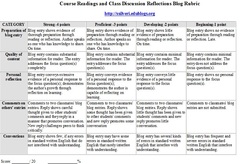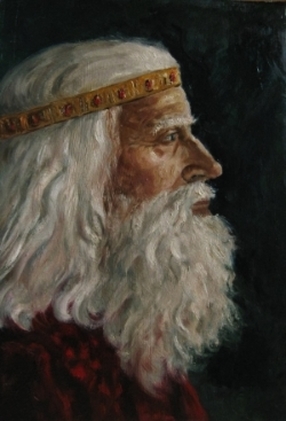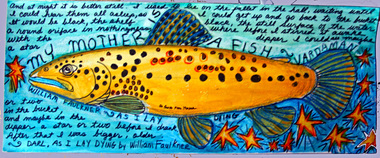There is often a sense of moral ambiguity that one can experience because of cultural conflict. I’ve often been faced with questions such as, "Do I believe this is right or wrong because of the way I was raised, or is it right or wrong because of a universal set of morals that all humans share?" Reflect on these tensions for yourself, and compose a piece of personal writing addressing some (not all) of these questions:
|
Blog Post Rubric
Archives
February 2023
Categories
All
|




 RSS Feed
RSS Feed